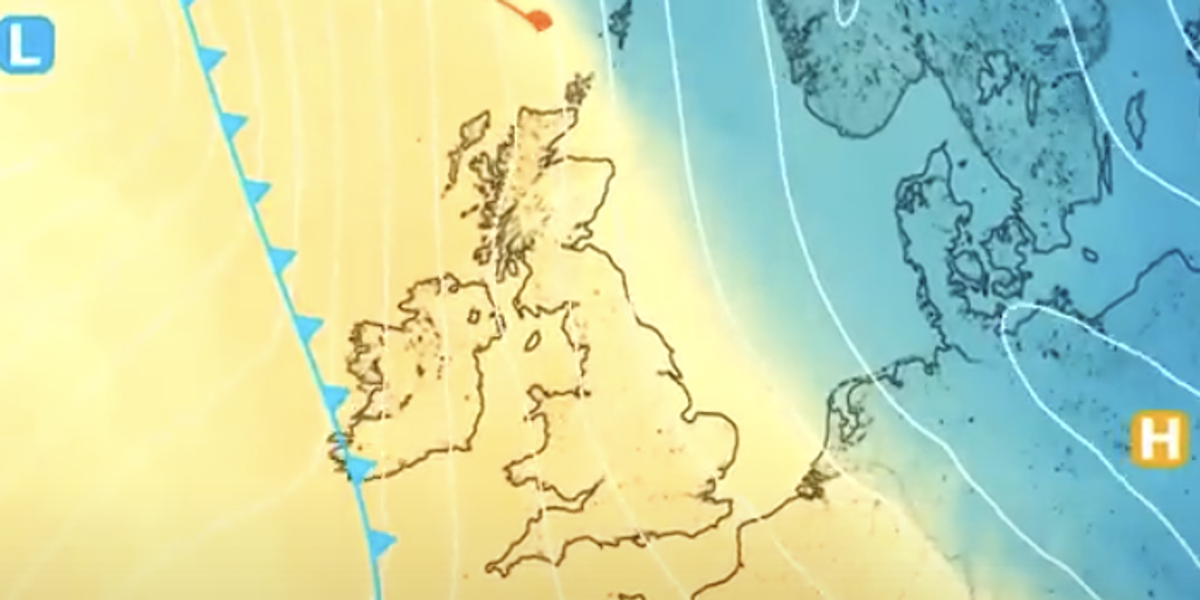The Royal Navy has tracked six Russian ships through the English Channel as they carry military equipment and ammunition during their retreat from Syria, following the collapse of the Assad regime.
Three naval vessels and three merchant ships were monitored by British forces as they made their way through UK waters.
The convoy, which includes the landing ship Aleksandr Otrakovsky capable of carrying 500 tonnes of armoured vehicles, has been under surveillance since early yesterday morning.
The hasty withdrawal comes amid Russia’s sudden departure from Syria after the fall of its longtime ally last year.
HMS Somerset flanking a Russian vessel
PA
HMS Iron Duke, RFA Tideforce, HMS Tyne and a Wildcat helicopter from 815 Naval Air Squadron have been involved in monitoring the Russian convoy. The Royal Navy has been tracking similar movements on average once a fortnight over the past six months.
Gunner positions were manned aboard the Aleksandr Otrakovsky as it travelled through the Channel. Three additional vessels had split from the main convoy in the hours before entering British waters. A RAF P8 Poseidon patrol aircraft also assisted in the surveillance operation.
Speaking to ITV News, Captain Commander David Armstrong said: “I think it’s fair to say in the last five years the number of Russian vessels transiting through UK waters has increased.”
“It certainly isn’t my place to be addressing Russia directly, but my point to any non-allied warship, as a frigate captain in the Royal Navy, is that if you’re transiting through our waters, and there was any possibility you could pose a threat to us, you should expect the Royal Navy to be very close at hand.”
LATEST DEVELOPMENTS
Defence Secretary John Healey
GETTY
Commander Armstrong added: “This closely co-ordinated operation demonstrates our steadfast determination to protect our nations territorial seas and Critical National Infrastructure.”
Defence Secretary John Healey praised service personnel for their professionalism in shadowing the vessels, noting: “These ships were retreating from Syria after Putin abandoned his ally Assad, yet they were still armed and full of ammunition.”
The withdrawal highlights Russia’s weakened state and its inability to maintain multiple military commitments.
Moscow’s hasty departure from Syria demonstrates how its full-scale invasion of Ukraine has degraded its capability to support the Assad regime, leading to its collapse.
The setback marks a significant blow to Russia’s ambitions in the Middle East. The operation was coordinated with French and Dutch navies, who helped escort the Russian vessels from the Bay of Biscay through to the North Sea.
This latest operation comes just weeks after the Royal Navy tracked a Russian spy ship in the English Channel near critical undersea infrastructure.
The UK is strengthening its maritime defences alongside NATO allies, contributing aircraft to Baltic Sentry operations aimed at protecting undersea infrastructure.
The government has also activated Nordic Warden, an AI system designed to monitor Russia’s shadow fleet and enhance infrastructure security.











